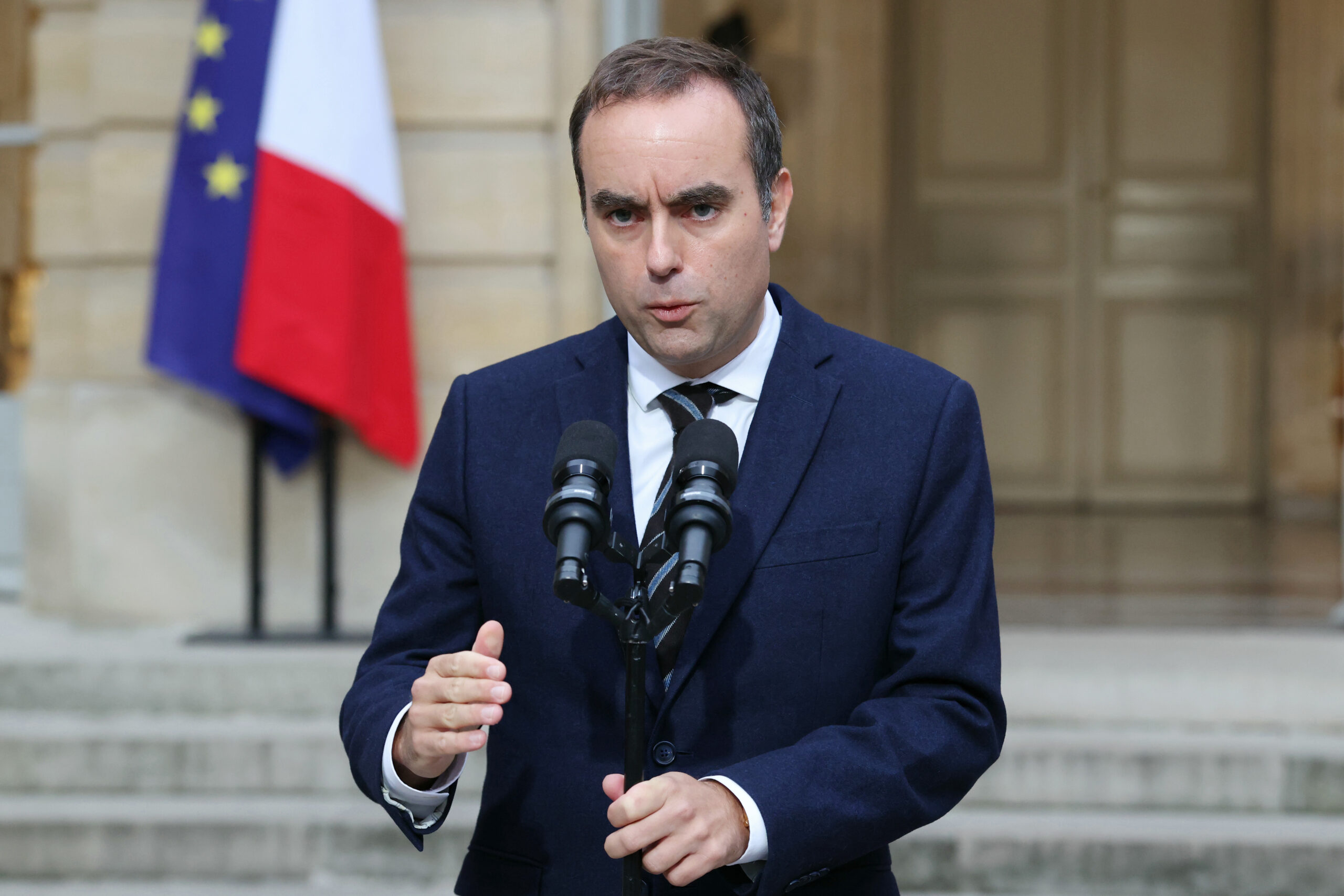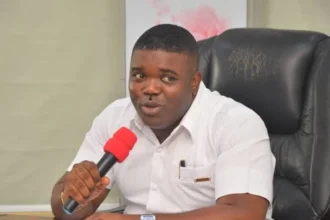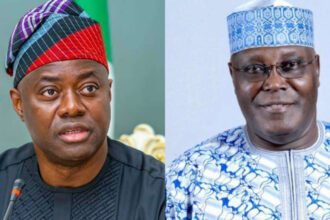
French Prime Minister resigns after less than a month in office, deepening political turmoil
PARIS — In a sudden and dramatic turn of events, Prime Minister Sébastien Lecornu has tendered his resignation, effectively ending perhaps the shortest premiership in modern French politics. President Emmanuel Macron accepted the resignation, which came less than a month after Lecornu’s appointment and only hours after he announced his new cabinet.
The move plunges France into renewed political uncertainty and intensifies pressure on Macron to navigate what already had been a highly volatile legislative landscape. Lecornu becomes the fourth prime minister in a year, following in the footsteps of François Bayrou and others who stepped down amid mounting dysfunction and parliamentary gridlock.
Lecornu had only assumed office on 9 September 2025, making his tenure remarkably brief. On Sunday evening, he unveiled a ministerial roster — much of it recycled from previous administrations — which immediately drew sharp criticism from multiple corners of French politics.
By Monday morning, Lecornu submitted his resignation. In a hard blow to Macron’s efforts to reestablish stable governance, ministers appointed just the night before found themselves in caretaker roles without having had the chance to even assume full duties.
Analysts point to two key drivers behind the resignation: parliamentary opposition and internal coalition divisions. Centrist and right-leaning allies reportedly threatened to withdraw support, while Socialist lawmakers demanded concessions on pension and budget reforms before lending backing. Lecornu had aimed to chart a different course by refusing to invoke Article 49.3, the constitutional mechanism used by previous governments to force through legislation without a vote.
With no legislative majority and strong opposition to key parts of his agenda, Lecornu’s window to act effectively was exceedingly narrow.
The abrupt resignation triggered immediate reactions. Supporters of Marine Le Pen’s National Rally demanded that Macron either dissolve parliament or resign, claiming the system is broken. On the opposite end, left-wing parties also called for Macron’s departure, with some seeking a motion of censure against his presidency.
Markets responded quickly. The CAC-40 index fell by nearly 2%, while French government bond yields and the euro weakened, reflecting investor concern over political instability.
The resignations also exposed deeper challenges within Macron’s leadership: repeated failures to secure stable majorities, reliance on procedural shortcuts, and the inability to reconcile competing factions.
Lecornu’s departure follows the fall of François Bayrou earlier in September, whose government was ousted in a confidence vote over a controversial austerity budget. Macron has now seen multiple prime ministers cycle through in less than two years, a destabilizing trend for the Fifth Republic.
According to the public record, Lecornu now holds the distinction of having the shortest tenure as prime minister since the Fifth Republic’s inception in 1958.
Historians note that repeated turnover at the top undermines institutional continuity, weakens executive authority, and heightens the risk of leadership vacuums — especially when facing urgent issues like inflation, public debt, and social unrest.
With Lecornu’s exit, Macron is now tasked with selecting a successor who can weather France’s volatile political environment and command enough parliamentary support to push through reforms. The timing and choice will be critical: too partisan a pick may provoke backlash; too weak a figure risks further fragmentation.
Meanwhile, ministers will continue in caretaker capacities until the new government is formed. Macron may also consider calling a new election if no viable candidate emerges. Politicians across the spectrum are positioning themselves.
Observers expect intense negotiations behind closed doors among party leaders, centrist coalitions, and left-right blocs. The priorities will likely include securing budget passage, institutional reforms, and restoring public confidence in France’s governing legitimacy.
In many ways, Lecornu’s resignation is a stark reminder that France’s political experiment with ultra-presidentialism faces significant constraints when confronted with severe factionalism and electoral dissonance. The next prime minister will not only require policy competence but political acuity to navigate what is likely the most unstable period of Macron’s tenure.
As the country waits to see who will step into the Matignon Palace next, the crisis raises fundamental questions: Can France return to effective governance under Macron’s presidency, or will persistent fragmentation pull the government further apart?






